Do you know anyone who suffers from a substance abuse problem? Do you agree with the fact that it is important to fight the stigma of substance abuse?
It’s no mystery that addiction is a problem. The subject has gained much attention recently, with statistics being released, such as those from the National Institute on Drug Abuse. That more than 70,200 Americans died from drug overdoses in 2017, a 2-fold increase in a decade. This attention highlights the problem, but what about the solution? More, cheaper treatment options are needed, for sure. But, how can we get those who suffer to want it? To reach out for help. To accomplish this, we need to examine the way society regards addiction and eliminate the stigma associated with it.
Here are some basic steps we can take to make a change, starting now.
1. Understand the stigma surrounding addiction.
Addiction consumes a person physically, psychologically, and emotionally. Feelings of guilt, shame, remorse, and regret, regardless of what is said to their family. The choice they are making to use drugs is to suppress these feelings.
Gain more knowledge about addiction, learn about the drugs they are using, speak to addiction professionals, and learn about substance abuse treatment options.
Want to know more about how you can help? Read 4 Harmful Impacts Of Substance Abuse On Adolescent Mental Health
2. Don’t feel shame or regret.
Both the family and the addict will go through a rollercoaster of emotions, which is normal. However, when you allow social media or society to say the addict should be ashamed, the stigma becomes tougher to deal with.
Looking at substance abuse as being shameful and feeling nothing but regret does not help anyone. Talk to someone, reach out for help, contact the local mental health services, and focus on a solution.
3. Words matter.
Many words have a negative connotation to them, and the more they are used, the stronger the stigma becomes. You’d be surprised how eliminating some common words can make a big difference.
Instead of referring to someone as a junkie, use in conversation suffering from substance dependence.
Rather than seeing someone who is vindictive, manipulative, and deceitful, look beyond that and recognize the person beneath the addiction before they started using drugs.
4. Be empathetic rather than sympathetic.
Do your best to be understanding, but stay away from feeling sorry for someone who is struggling with substance dependence.
Offer help and solutions to treat the addiction, not a road to keep using drugs. Continually providing sympathy leads to enabling, which then becomes difficult to stop.
Want to know empathy can help with a lot of things? Read Empathy Can Transform the World
5. Don’t hide or lie about needing help.
A big problem our society faces are that many who suffer never speak of it because they fear how they are viewed, which gives more power to the stigma. These feelings are felt among the family, friends, and the person struggling with substance dependence. However, handling a situation in closed quarters is much different than pretending it doesn’t exist.
There are many discreet ways to get the help you need. Stay focused on the solution of treatment, rather than covering up the problem. Viewing it like this will not only help you but also helps medical professionals better understand the issues and the actual severity of the issue.
6. Speak up.
If you feel something is off with a loved one, or you suspect substance dependence, talk to the person about it. By opening a dialogue with your loved one, it allows them to come forward. Some people ignore warning signs for the same reason people hide or lie about needing help.
Approaching them in a loving, supporting, and caring way shows that you care about what is happening. Bringing forward the impact of the addiction will help shed the stigma.
7. Let others know what they are saying and doing is furthering the stigma.
The average person does not understand addiction or how someone could become addicted to drugs or alcohol. The collective mentality is; why can’t they just stop? This problem is seen the most among family and close friends.
Find the information you need to educate everyone around you; by doing this, you are ending addiction stigma. Early intervention will prevent others from verbally attacking the person and pushing them further away.
8. Educate others.
Once you have a better understanding of what stigma is and how to combat it, encourage those around you to do the same. Communities across the nation and the people living within them are connected now more than ever.
Utilize this connection through social media platforms to share what you’ve learned, which makes the fight against stigma stronger. Educate your family, access local community resources, and gain the knowledge you need to help others understand.
9. Share the success of overcoming addiction.
Many people get help with substance dependence but never share their stories. Families perform interventions and save loved ones, but never talk about it.
When sharing success, and telling others your story, it could be saving a life. Rather than focus on what had happened with the addiction, place the attention on what was done to help them.
Want to know more about how you can fight the stigma of substance abuse? Read The Two-Track Approach That Is Transforming Addiction Healing
10. Substance dependence is prevalent and affects everyone.
Drug and alcohol addiction isn’t a problem that few people face; it is a national issue that needs more understanding and awareness. The consequences of substance dependence affect all demographics and have a far-reaching impact on families and individuals across the nation.
Virtually everyone knows someone who struggles with substance dependence. Applying the above tips in your day-to-day life can make a difference in whether they reach out and get help.
If you want to know more about how you can fight the stigma of substance abuse, then check out this video below:

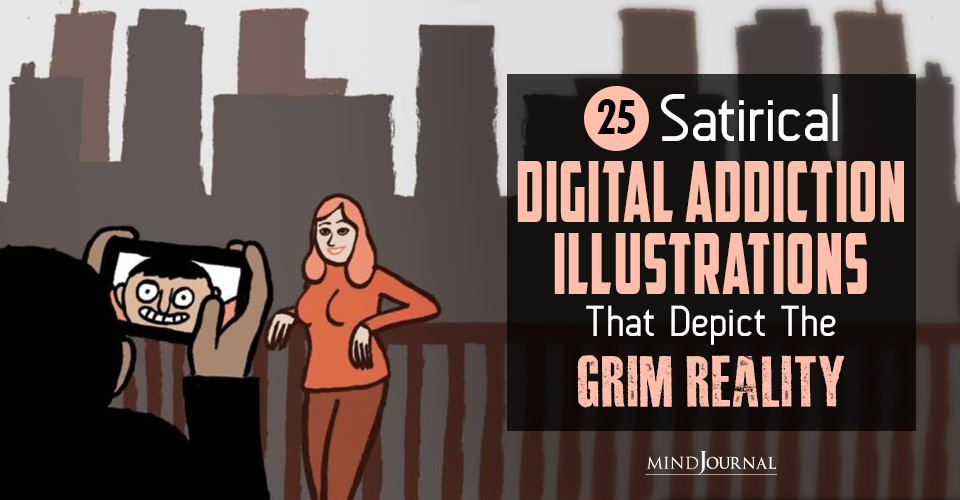
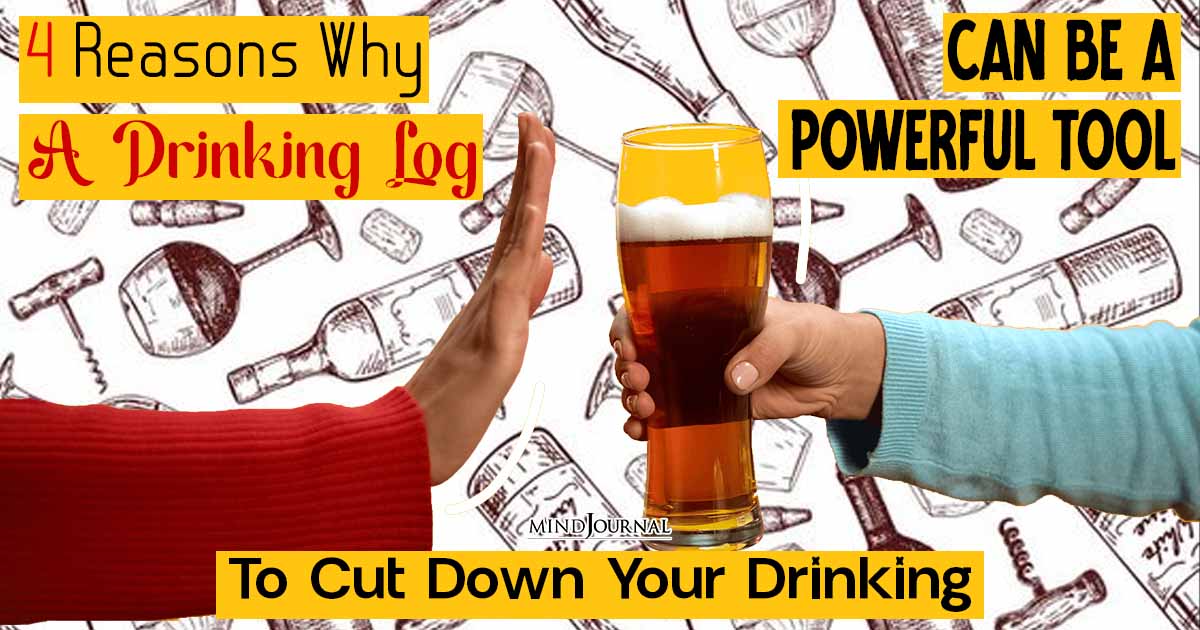
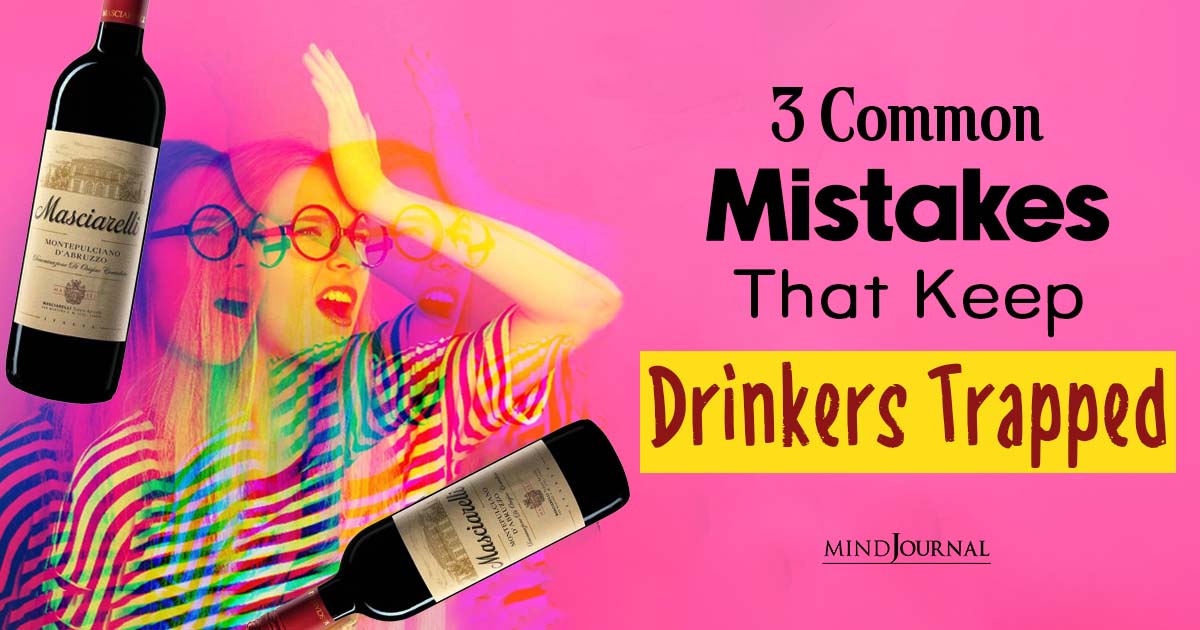
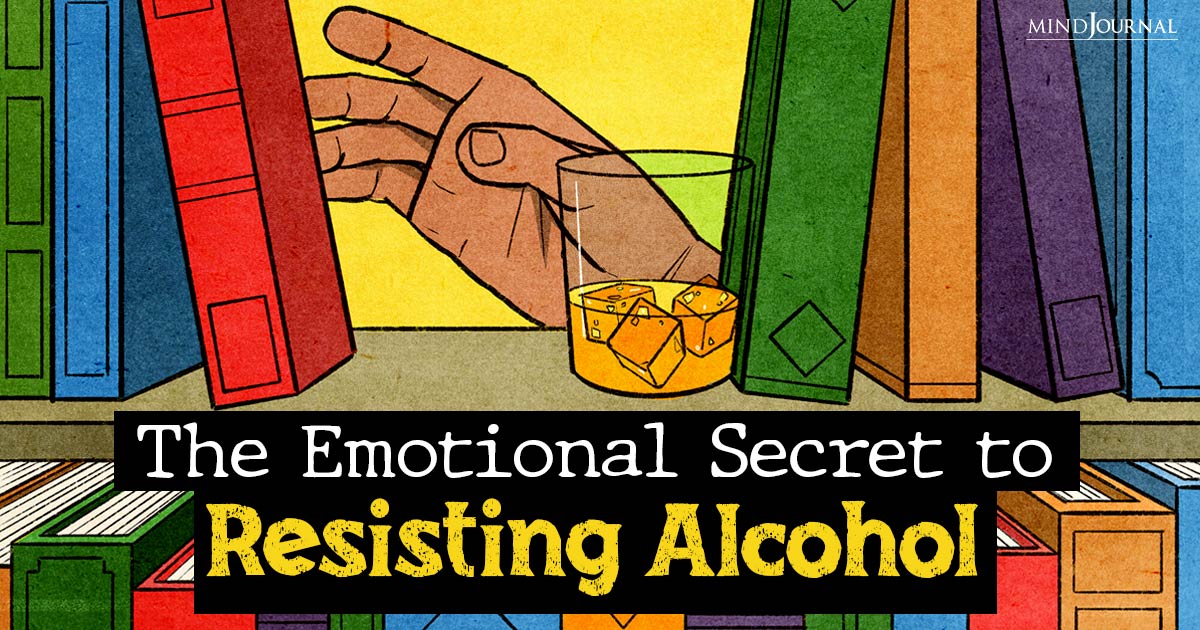
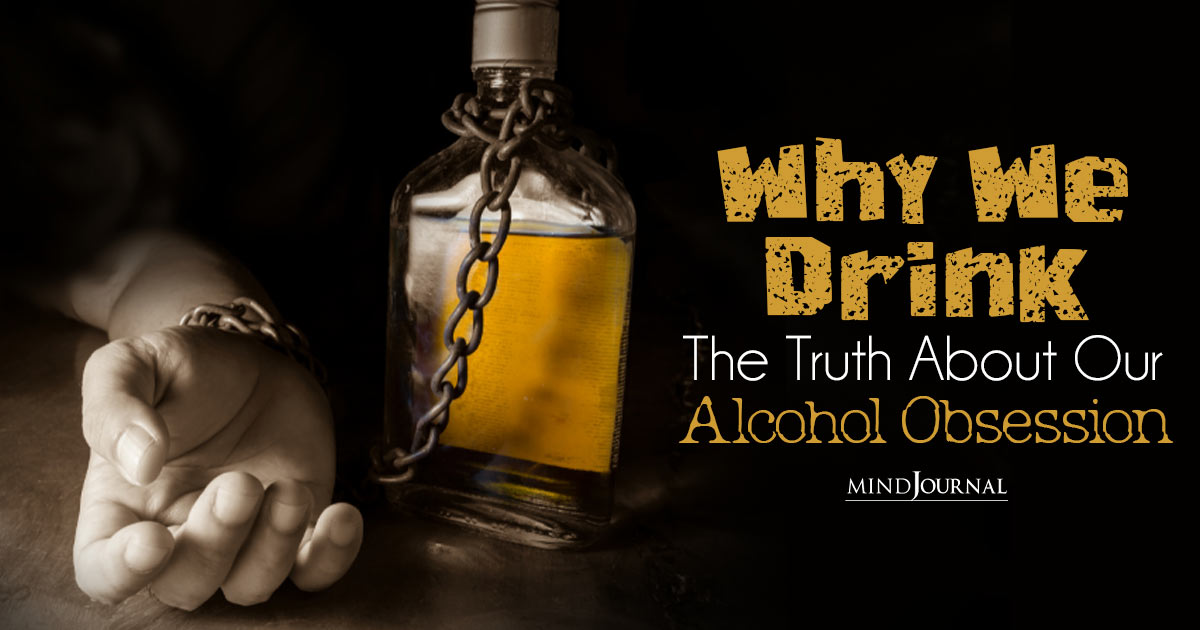
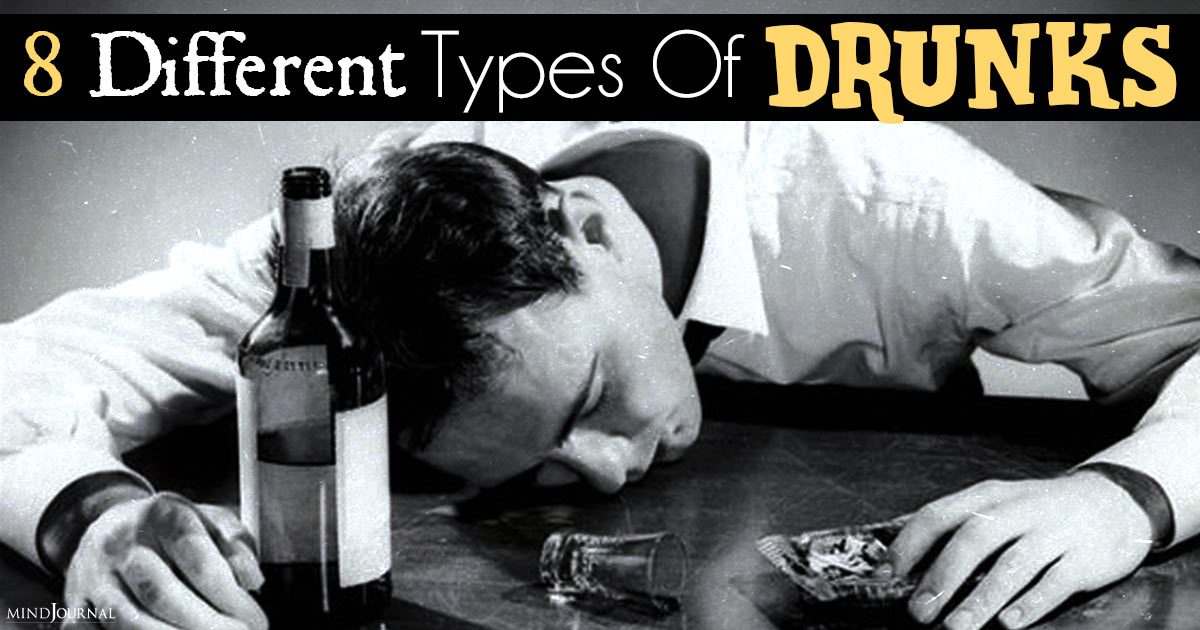
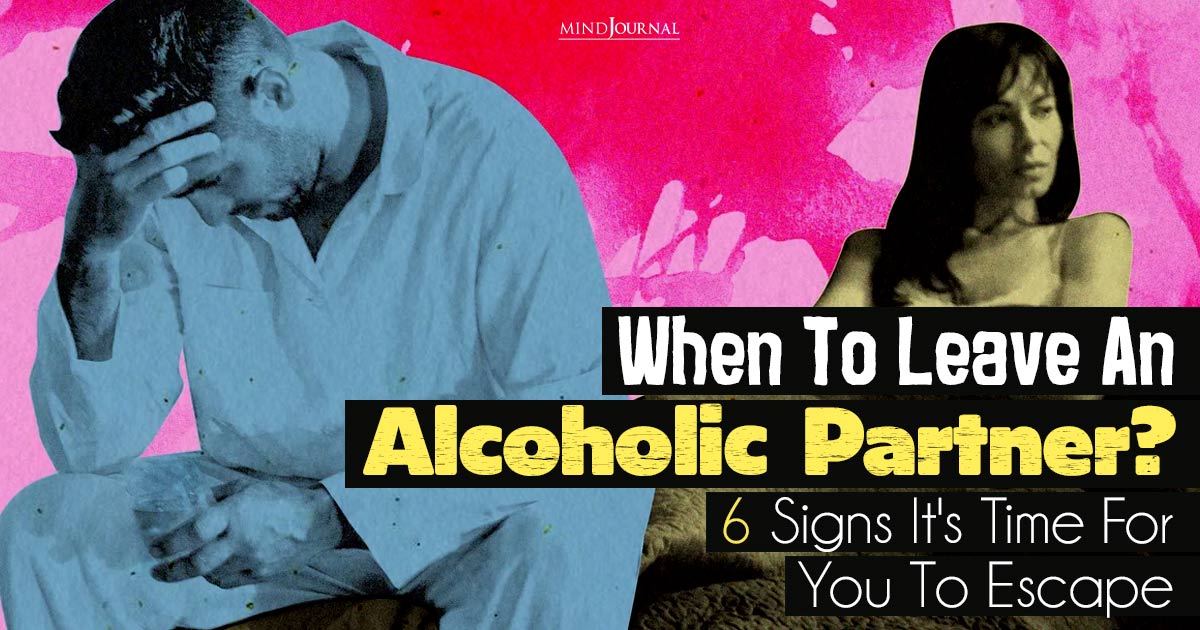
Leave a Reply
You must be logged in to post a comment.